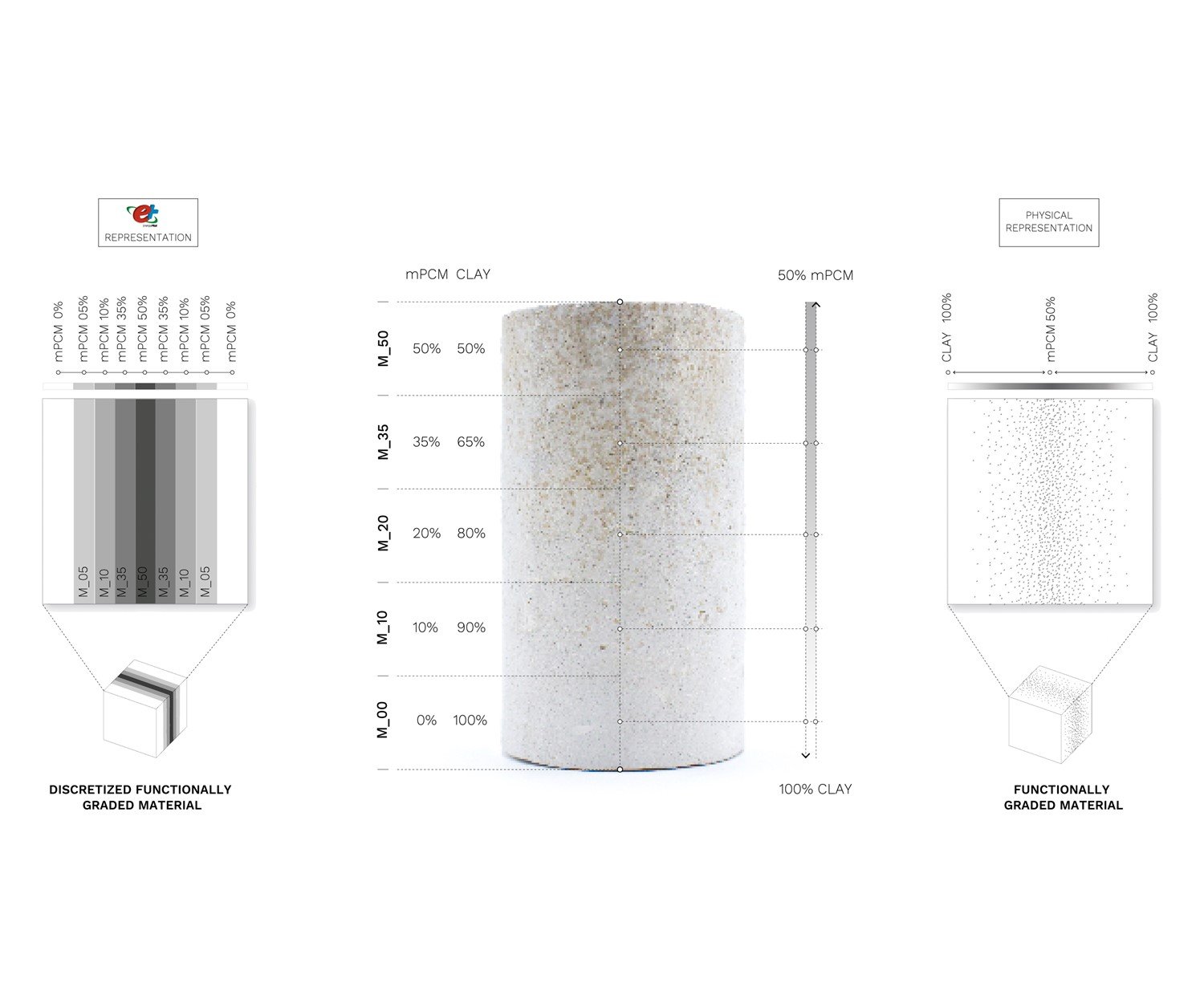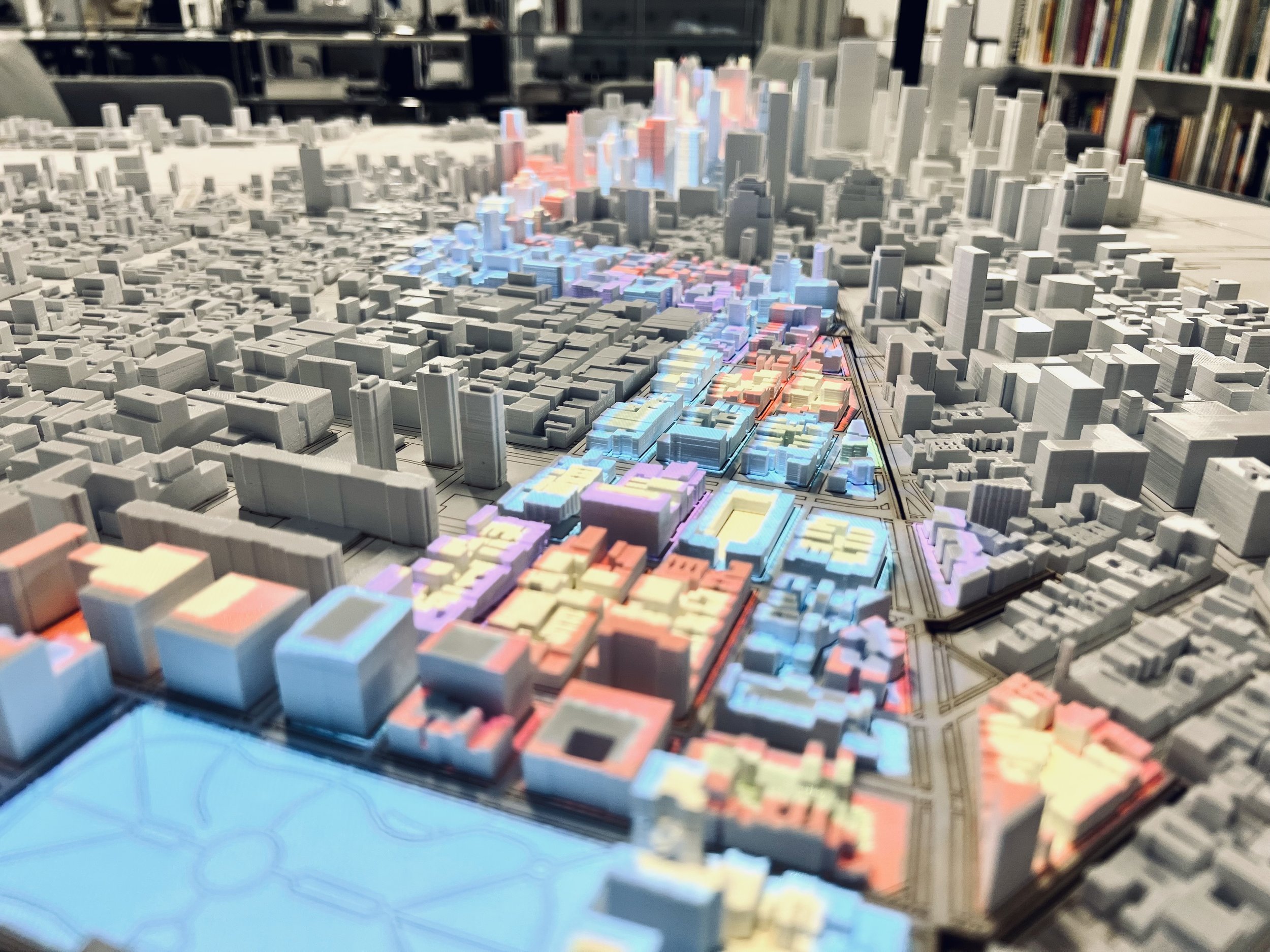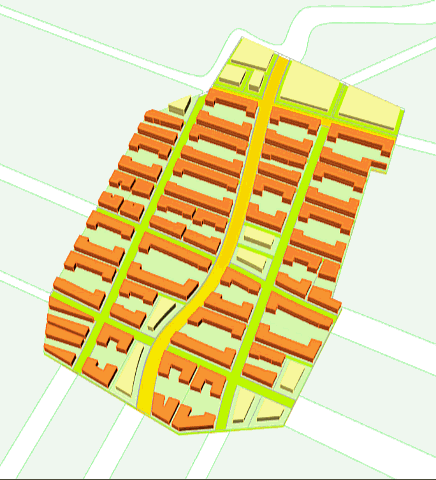Circular Economies
Developing regenerative, closed-loop systems that eliminate waste while supporting communities through sustainable resource use, fostering resilience in local economies and regenerating nature.
Circular Economy material lifecycle diagram
The Circular Economy (CE) agenda is a systems-thinking approach that decouples growth from resource consumption by designing regenerative, closed-loop systems that eliminate waste while supporting communities through sustainable resource use, fostering resilience in local economies and regenerating nature.
Shifting to CE practices could cut greenhouse gas emissions by 45% by 2050 while adding $4.5 trillion to the global economy by 2030. By reducing dependency on finite resources, CE fosters resilient supply chains, promotes sustainable innovation, and boosts economic opportunity. CASE recognizes and embraces CE as a core value in its future planning, research, and teaching, recognizing its critical role in shaping the built environment and aligning with future global investment and labor market trends. By integrating CE principles into its curriculum, CASE prepares students to innovate in sustainable design, regenerative urban planning, and related data management—areas projected to see significant global growth.
Research at CASE focuses on creating circular systems, materials, and processes that minimize waste and energy consumption, offering solutions for the challenges posed by climate change and resource scarcity. Teaching these principles ensures that students are equipped to lead in a future where industries and cities adopt circular models, fostering resilience, competitiveness, and adaptability in a rapidly evolving economic and regulatory landscape.
Explore more research agendas: Climate Adaptation | Environmental Intelligence | Health and Well-being

















